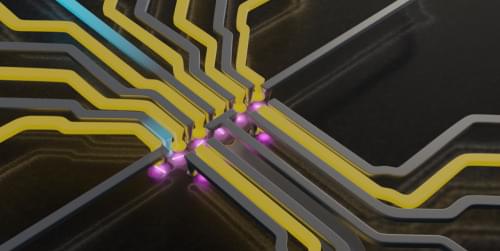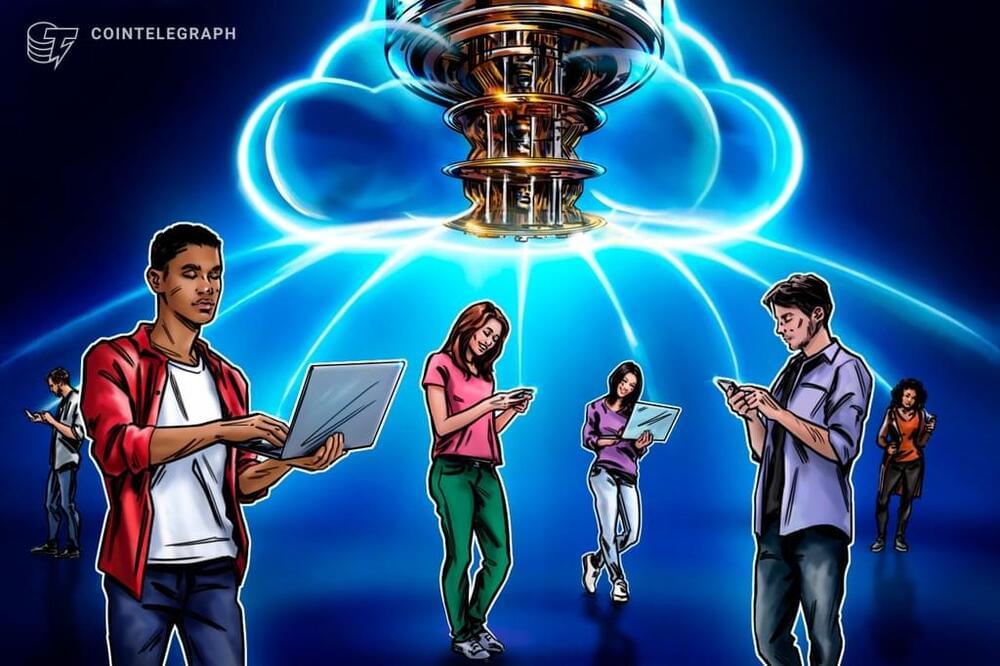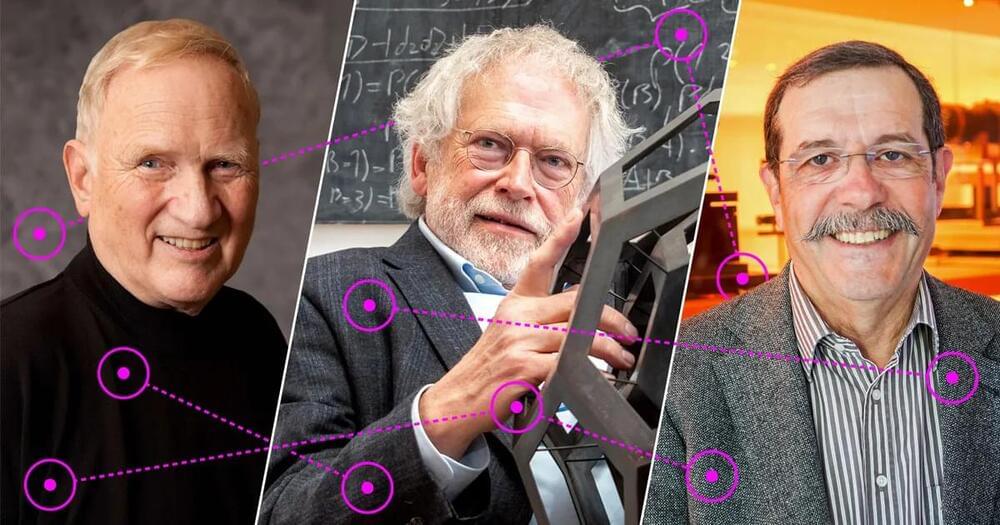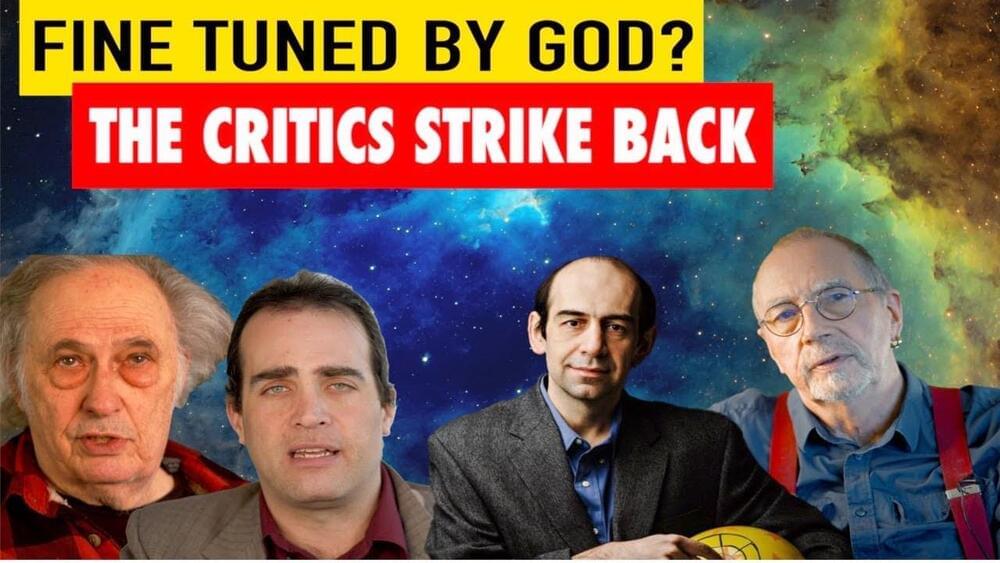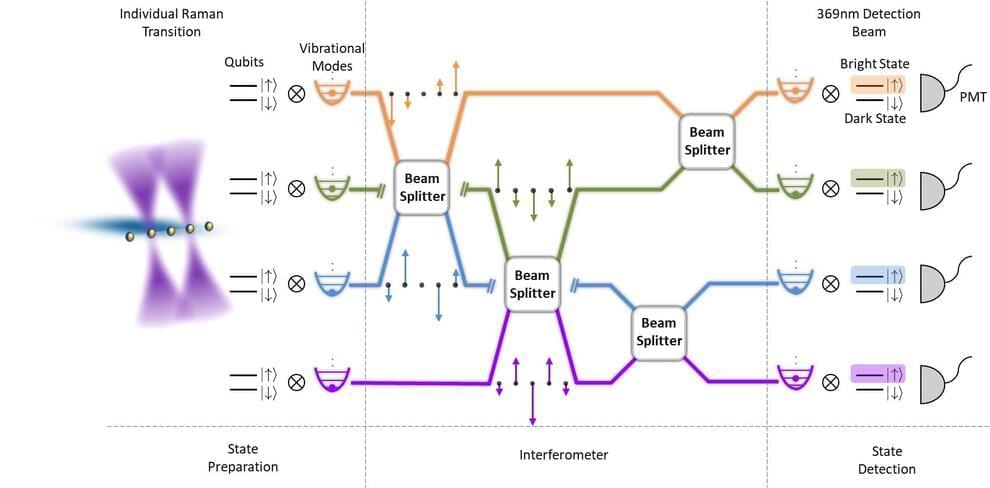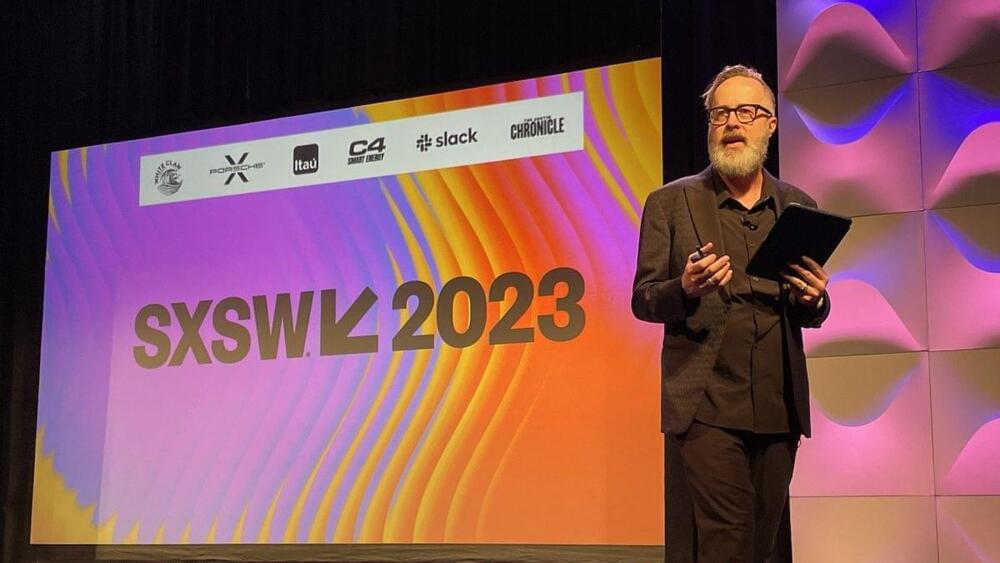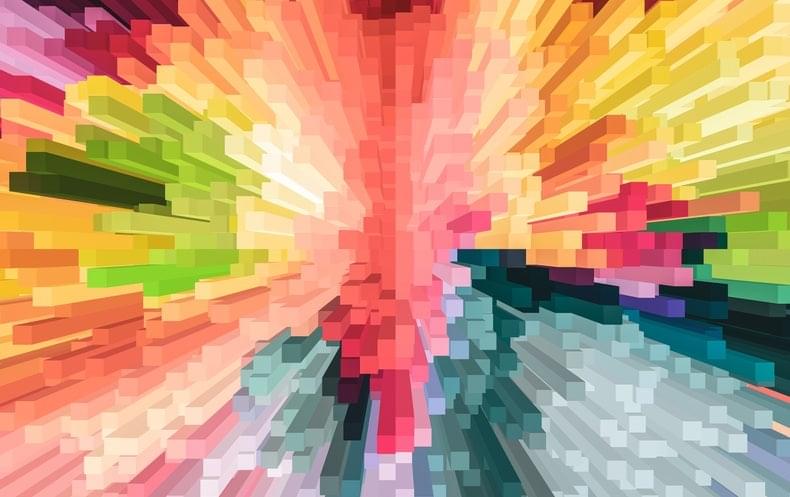
For their new study, the researchers aimed to understand how quantum correlations inside a source material, be it a gas or a mineral, would impact the quantum properties of the light bursts coming out, if at all. “High harmonic generation is a very important area. And still, until recently, it was described by a classical picture of light,” Kaminer says.
In quantum mechanics, figuring out what’s going on with more than a few particles at the same time is notoriously difficult. Kaminer and Alexey Gorlach, a graduate student in his lab, used their COVID-imposed isolation to try to make progress on a fully quantum description of light emitted in high harmonics. “It’s really crazy; Alexey built a super complex mathematical description on a scale that we’ve never had before,” Kaminer says.
Next, to fully incorporate the quantum properties of the material used to generate this light, Kaminer and Gorlach teamed up with Andrea Pizzi, then a graduate student at the University of Cambridge and now a postdoctoral fellow at Harvard University.
